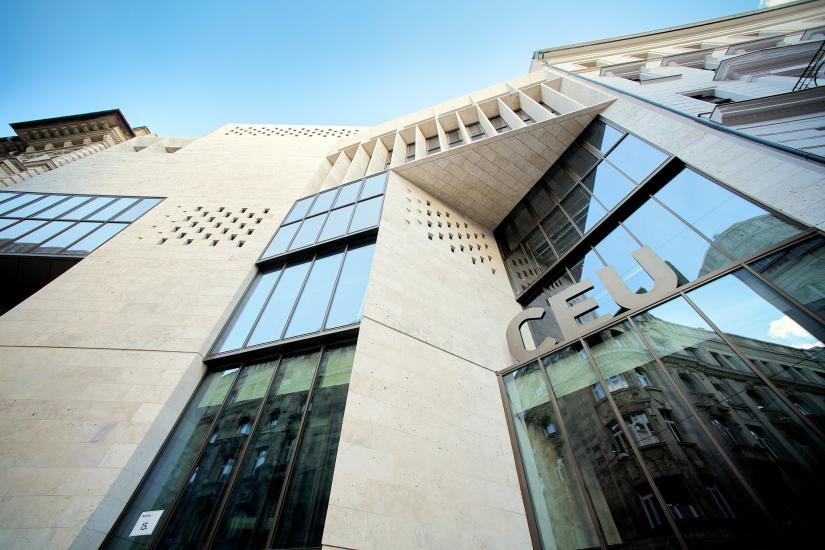
“Humanitarianism as a Politics of Denizenship: Changing Consciousness in a Camp for Displaced Persons in Montenegro”: What does life look like when humanitarians are in charge of providing welfare – education, healthcare, and even work – to displaced people? And how does this come to be? Roma and Balkan Egyptians who fled from Kosovo in 1998 and 1999 had been living in the Konic refugee camp in Podgorica, the capital of Montenegro, for almost two decades. Financed by the UNHCR and managed by the Red Cross, this largest refugee camp in the Balkans over time became a disciplinary institution, more similar to schools and prisons, than to a space of sovereign exception. Ethnographically following efforts of the humanitarians to “change the consciousness” of the residents of the Konik refugee camp, this talk explores intersections between humanitarianism and welfare. It focuses on how non-state actors work on disciplining people who were denied full political membership. Approaching humanitarianism as a fragmented project with multiple histories (and not just as an imposition of the West upon the Rest), I will argue that humanitarians exercised a particular politics of denizenship in the Konik camp. Its subjects were neither representatives of “bare life” who needed immediate saving, nor people with political rights and responsibilities. They were more than “bare life”, but they were not allowed to enter the Montenegrin political community as citizens. They would be allowed to join the political community once they “change their consciousness”, discard their “traditional practices”, and become new sorts of subjects.